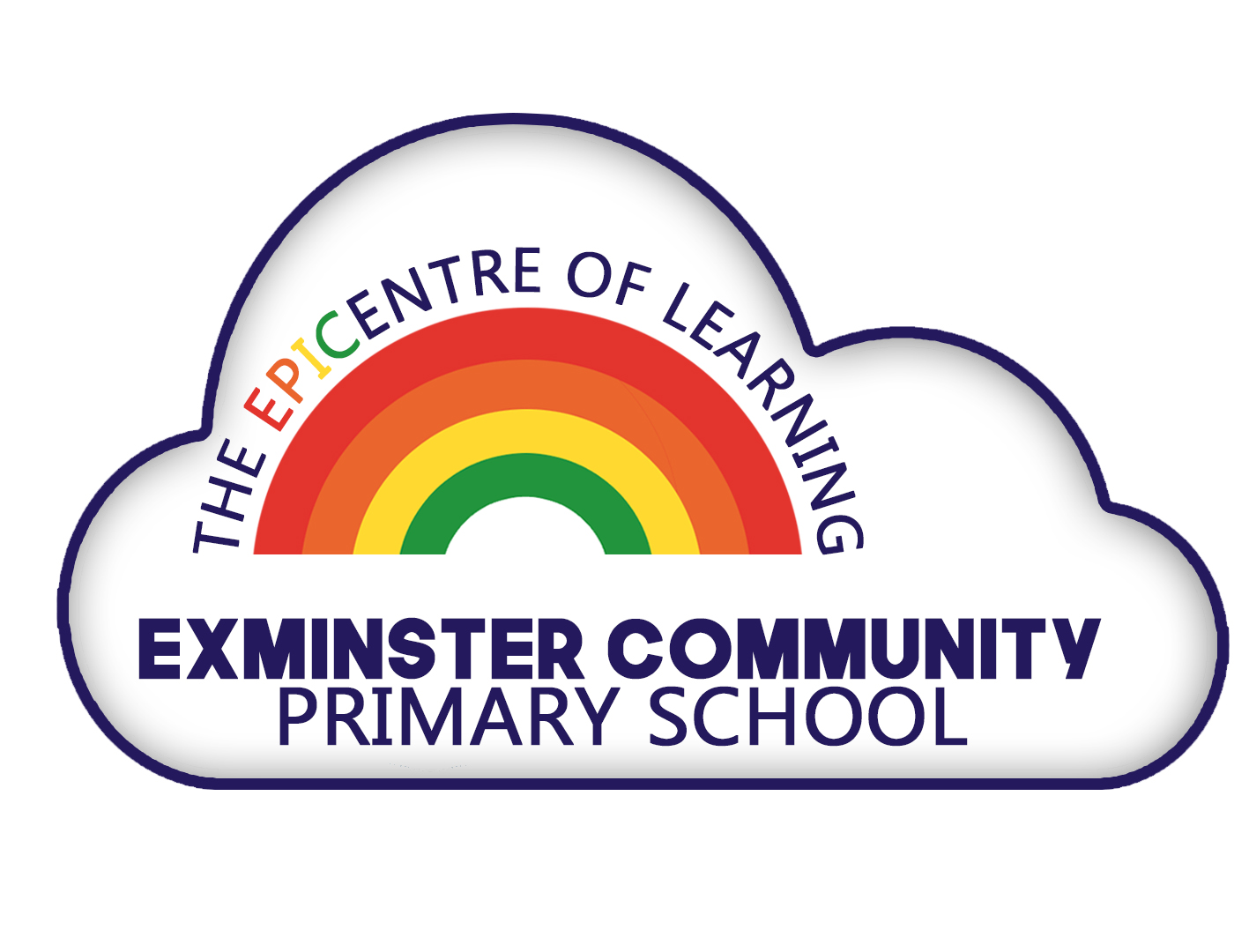Intent:
Here are Exminster we believe that science, alongside a broad balanced curriculum, provides us a way to further understand the world around us building our cultural capital to join in conversations, link ideas and develop ideas that are important to us personally.
In our rapidly evolving world science is a vital part of our curriculum intention. Science stimulates and excites pupils’ curiosity about phenomena and events in the world around them. It also satisfies their curiosity with knowledge using and learning new relevant vocabulary building their oracy skills to link their ideas and previous learning experiences. Because science links direct practical experience with ideas, it can engage learners at many levels. Scientific method is about developing and evaluating explanations through experimental evidence and modelling. Pupils learn to question and discuss science-based issues that may affect their own lives, the direction of society and the future of the world in context making resulting in them becoming critical thinkers with enquiring minds.
At the heart of our curriculum at our school, (1) we want to build a science curriculum which develops learning and results in the acquisition of knowledge and (2) one which enables children to become enquiry based learners. We expect to see consistency in science that we see across the school in maths and English.
Implementation:
1
- Clear and comprehensive scheme of work in line with the National Curriculum. Teaching and Learning should show progression across all key stages within the strands of Science.
- Knowledge Organisers Children have access to key language and meanings in order to understand and readily apply to their written, mathematical and verbal communication of their skills.
- Children will access resources to acquire learning through Science equipment, digital technology, practical experiences and photographs.
- Children will use a range of secondary resources to develop their knowledge and understanding that is integral to their learning.
- Build on careers links with a parents, STEM ambassadors and local volunteers from Primary Futures.
2
- Clear and comprehensive scheme of work in line with the National Curriculum. Teaching and Learning should plan for practical investigative opportunities within Science lessons termly.
- Children will reflect on previous learning and cross curricula links will be made through Literacy and Theme. Children will be able to build on prior knowledge and link ideas together, enabling them to question and become enquiry based learners.
- Educational Visits Where applicable links to Science will be made to develop the children’s topical learning.
- Book looks and learning conversations with the children and teachers.
Impact:
1
- Children will achieve age related expectations in Science at the end of their cohort year.
- Children will retain knowledge that is pertinent to Science with a real life context.
- Careers links that will inspires students, raise ambitions and break down gender stereotypes.
2
- Children will achieve age related expectations in Science at the end of their cohort year.
- Children will retain knowledge that is pertinent to Science with a real life context.
- Children will be able to question ideas and reflect on knowledge.
- Children will work collaboratively and practically to investigate and experiment.
- Children will be able to explain the process they have taken and be able to reason scientifically.
- Children will be able to talk about their work with pride and recall what they have learnt in that sequence and talk about in context.
- Teachers will be able to talk about assessment in their classes.
